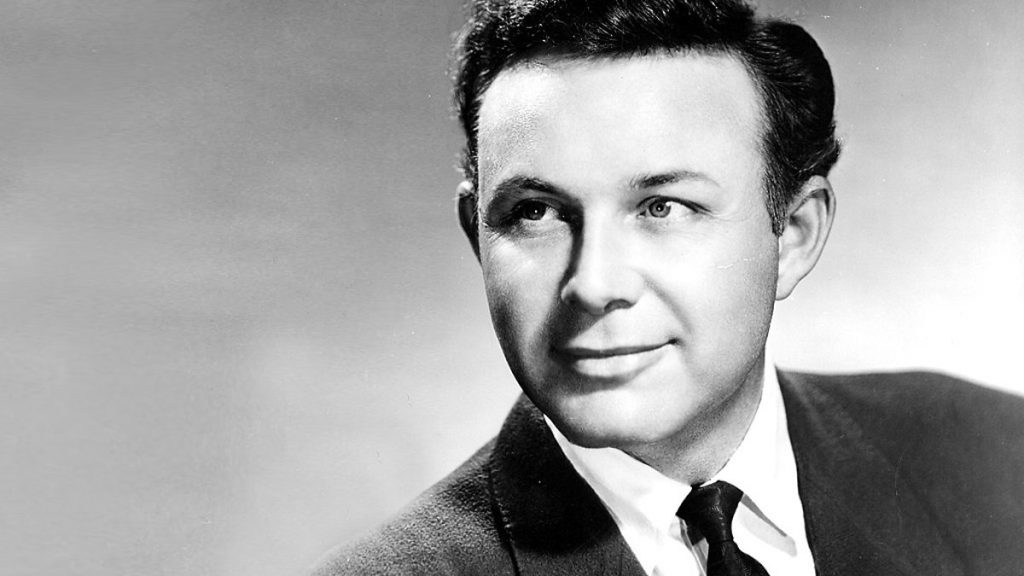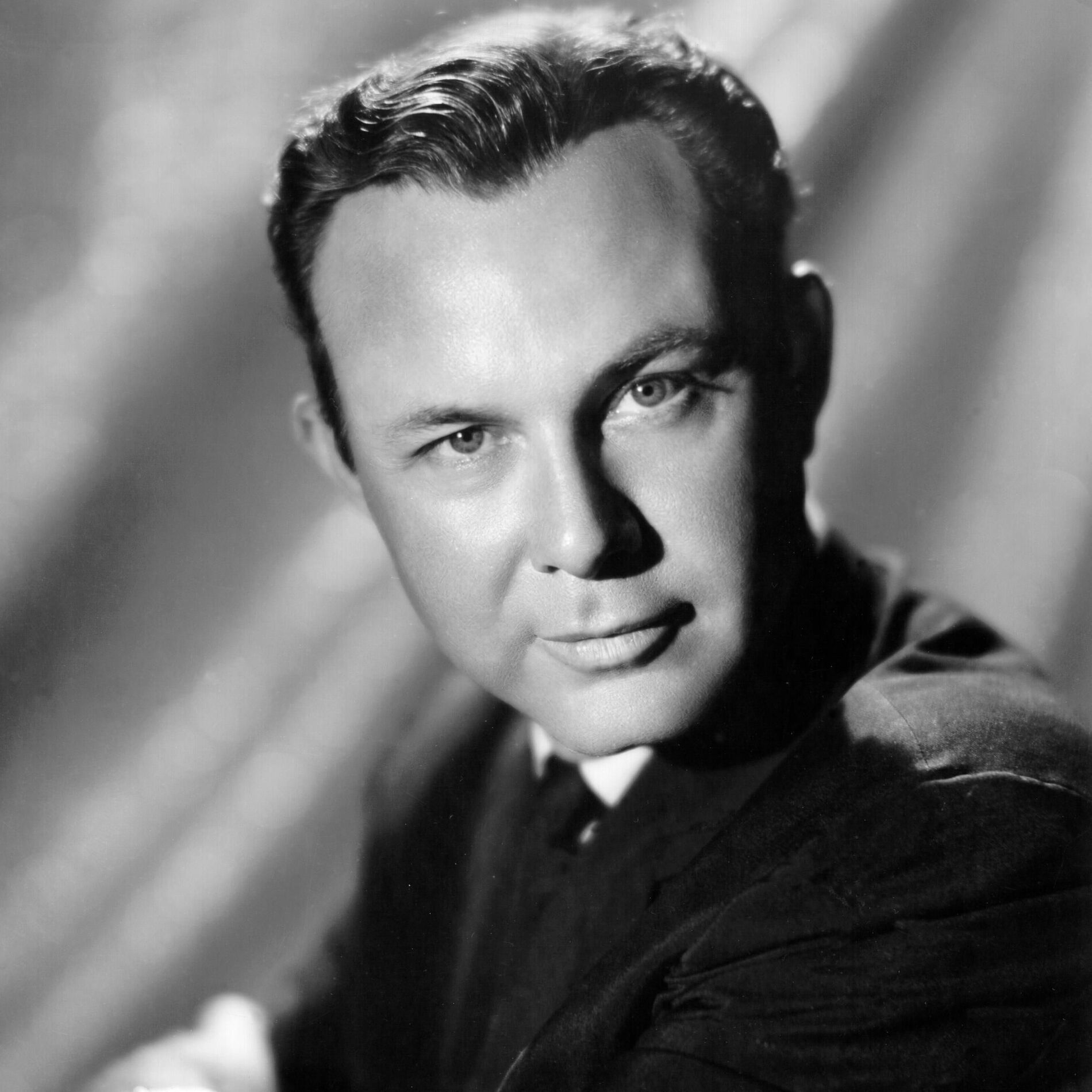
The Timeless Echoes of Love and Regret in “Guilty” by Jim Reeves
In the realm of classic country music, few voices resonate as profoundly with themes of love, loss, and introspection as that of Jim Reeves. His song “Guilty,” released in 1963, is a poignant exploration of emotional vulnerability and the enduring complexities of love. As we journey through this evocative piece, we find ourselves enveloped in a tapestry of remorse and longing, woven together by Reeves’ smooth, velvety vocals.
Jim Reeves, often hailed as “Gentleman Jim,” was renowned for his ability to convey deep emotion with an unparalleled gentility. His career was marked by numerous hits that transcended the boundaries of country music, touching hearts across the globe. When “Guilty” was released, it quickly captured the attention of audiences and critics alike. Although it didn’t reach the towering heights on the charts like some of his other songs, it nevertheless carved out a cherished place in the hearts of listeners. The song did not make a significant impact on major charts such as Billboard’s Hot Country Songs, but its enduring legacy is a testament to its emotional depth and Reeves’ masterful delivery.
The story behind “Guilty” is one that resonates with anyone who has ever grappled with the pangs of regret in matters of the heart. It speaks to those quiet moments when one reflects on love lost and the unshakeable feeling that lingers—the sense that we are somehow culpable for our own heartache. In this song, Reeves offers a confession of sorts, a candid acknowledgment of his own failings in love. This theme is universal, and it strikes a particularly resonant chord with older generations who may find echoes of their own past experiences within the song’s lyrics.
The lyrical narrative unfolds with an almost cinematic quality, painting vivid pictures of remorse and self-reproach. The protagonist admits to his own shortcomings and acknowledges the role he played in the dissolution of a cherished relationship. This is not merely a lament; it is an introspective journey into the soul, where acceptance and understanding meet sorrow and regret. Reeves’ delivery is both tender and haunting, drawing listeners into a shared space of reflection and empathy.
The emotional weight of “Guilty” is further amplified by its musical composition. The arrangement is simple yet effective, allowing Reeves’ voice to take center stage. The gentle strumming of guitars coupled with subtle orchestration creates an intimate setting that invites listeners to lean in closer—to hear not just the words but the emotions that lie beneath them. This minimalist approach enhances the song’s timeless quality, ensuring that its message remains undiluted by extraneous embellishments.
For many listeners, especially those who have traversed the complex landscapes of long-term relationships, “Guilty” serves as a mirror reflecting their own journeys through love and loss. It prompts contemplation about choices made and paths taken, evoking memories that are both sweet and bittersweet. As such, it offers solace to those who find themselves weighed down by similar feelings—reminding them that they are not alone in their experiences.
In revisiting Jim Reeves’ “Guilty,” we are reminded of the power music holds to transcend time and space. It connects us across generations through shared human experiences—love, regret, redemption—and allows us to find common ground in our emotions. For older audiences, this song may evoke memories of days gone by, stirring nostalgia for moments both cherished and regretted.
Ultimately, “Guilty” endures because it speaks to the heart’s deepest truths with honesty and grace. It is a testament to Jim Reeves’ artistry that he could capture such profound sentiments in a way that continues to resonate decades later. As we listen to this timeless piece, we are invited to reflect on our own lives—to acknowledge our regrets but also to find peace in the knowledge that we are all part of this shared human experience.
